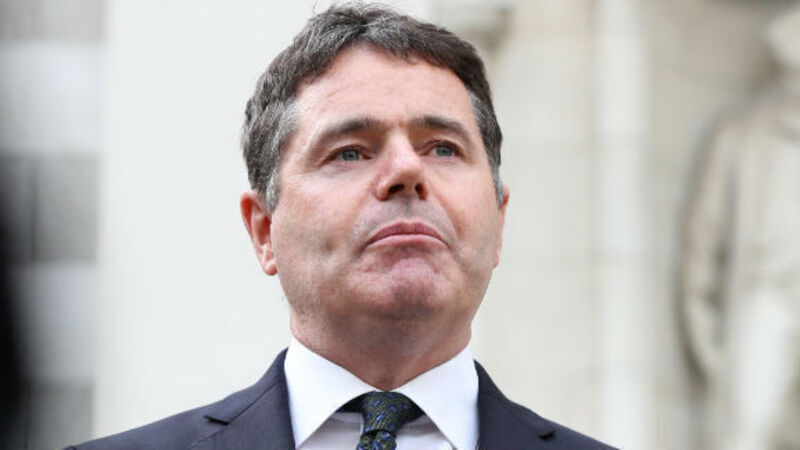#Budget18: Donohoe frames Budget as financial plan protecting hard-pressed households

Finance Minister Paschal Donohoe has attempted to frame budget 2018 as a financial plan focused on protecting hard-pressed households, acting to tackle the housing crisis and to create new defences from the Brexit fallout, writes .
In a detailed speech which began in the Dáil just after 1pm, Mr Donohoe confirmed a wealth of changes that will seek to benefit as many people in society as possible.













